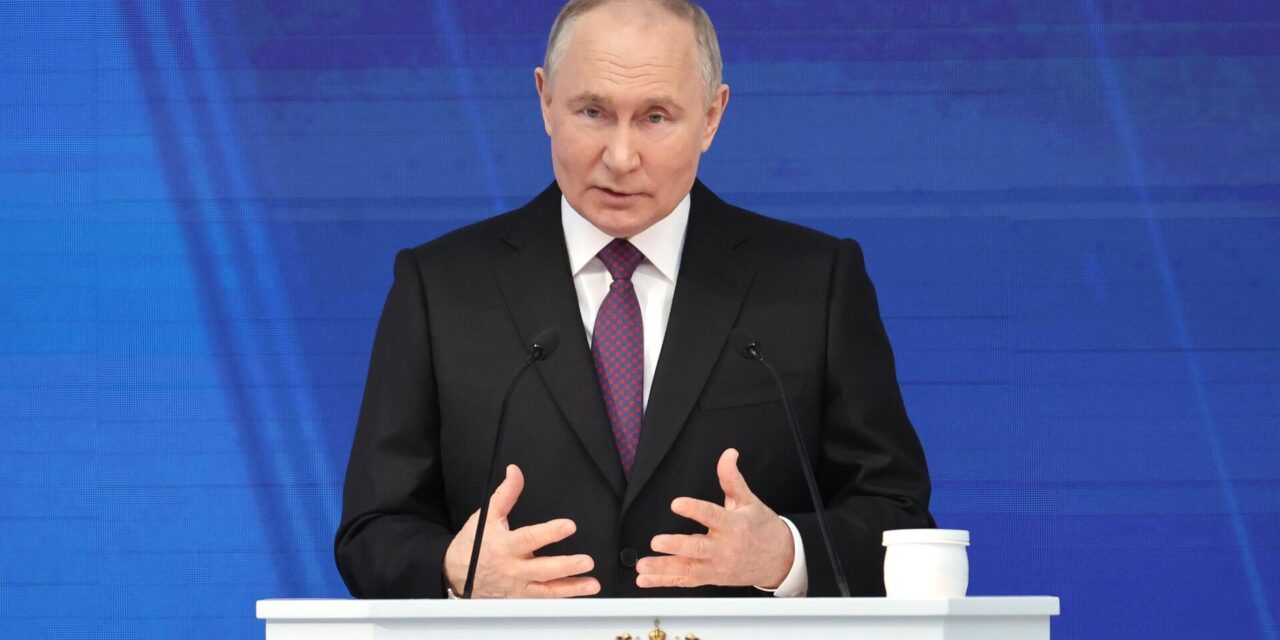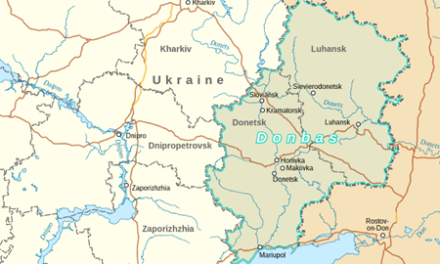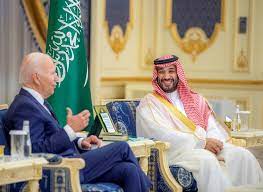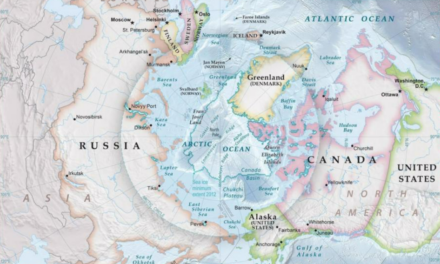Russia recently conducted its presidential election, a pivotal part of the nation’s democratic process, spanning over 3 days from March 15th to March 17th.
Citizens were afforded the invaluable opportunity to exercise their fundamental right to choose their leader for the next six years.
However, amidst the electoral fervour, the final day of the election was marred by a call to protest, emanating from the widow of the late right-wing activist, Alexi Navalny.
This call resonated with a segment of Navalny’s devoted followers, culminating in speraratic demonstrations outside polling stations within Russia, as well as some polling stations overseas.
Reports emerged of protesters resorting to disruptive tactics, including the attempted incineration of ballots and the splattering of official voting forms with coloured dye. The resultant chaos prompted authorities to detain approximately 80 individuals.
Despite the widespread condemnation of the election by the United States and Western nations, citing allegations of unfairness and a lack of legitimacy, the voter turnout exceeded 74%.
This notable participation rate surpassed that of recent US elections, where voter engagement hovered at 66%.
There was also a contrasting response to these protests in Russia and the events of January 6th at the US Capitol highlight the complexities surrounding political dissent and the exercise of democratic rights.
The aftermath of the US Capitol protest reverberated globally, with 8 deaths including one protester shot dead.
Over 1200 individuals faced arrest, some of whom received lengthy prison sentences of up to 22 years.
It was later revealed that the involvement of FBI agents to incite and rally protesters before and during the pro-Trump demonstration further underscored a “do as we say not as we do mentality” when applied to Russia.
Moreover, ongoing efforts to prevent former President Trump from participating in the 2024 elections underscore the divisive nature of contemporary politics in the United States.
This political turbulence stands in stark contrast to Russia’s electoral procedures, where voters are required to present identification and can only cast their ballots at their designated polling stations, ensuring a more controlled and secure voting process.
This stands in contrast to the US, where concerns over the legitimacy of mail-in ballots arriving from undisclosed locations in the middle of the night have been raised, with instances of unconfirmed ballots potentially affecting election outcomes.
This stark divergence in electoral practices prompts a broader reflection on the state of democracy in Western nations.
Russia’s adherence to the principle of “one citizen, one vote” for all serves as a catalyst for reevaluating the electoral systems of Western democracies, urging a renewed commitment to transparency, integrity, and the preservation of democratic ideals.
As the world witnesses these electoral processes unfold, the imperative for a deeper examination of democratic practices becomes increasingly evident.





